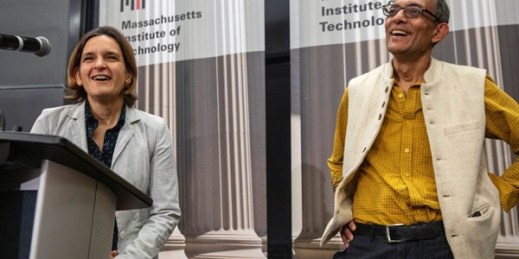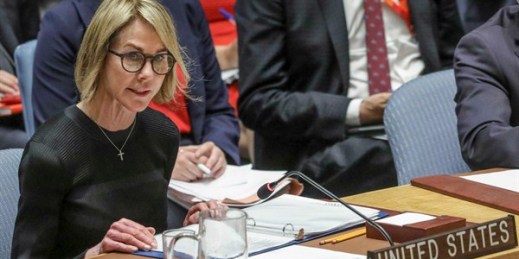
From Lebanon and Iraq to Ecuador and Chile, popular protests have shaken governments and captured the imagination of pundits worldwide in the past few weeks. Combined with the mass demonstrations that forced regimes in Algeria and Sudan to cast aside longtime leaders earlier this year, as well as the Yellow Vest movement that stunned France from December 2018 through the late spring, some observers are wondering whether we are witnessing a revolutionary moment of global proportions. Has popular dissatisfaction with the unfair distribution of globalization’s spoils reached a tipping point? Or are these protests locally driven, offering little or no […]





